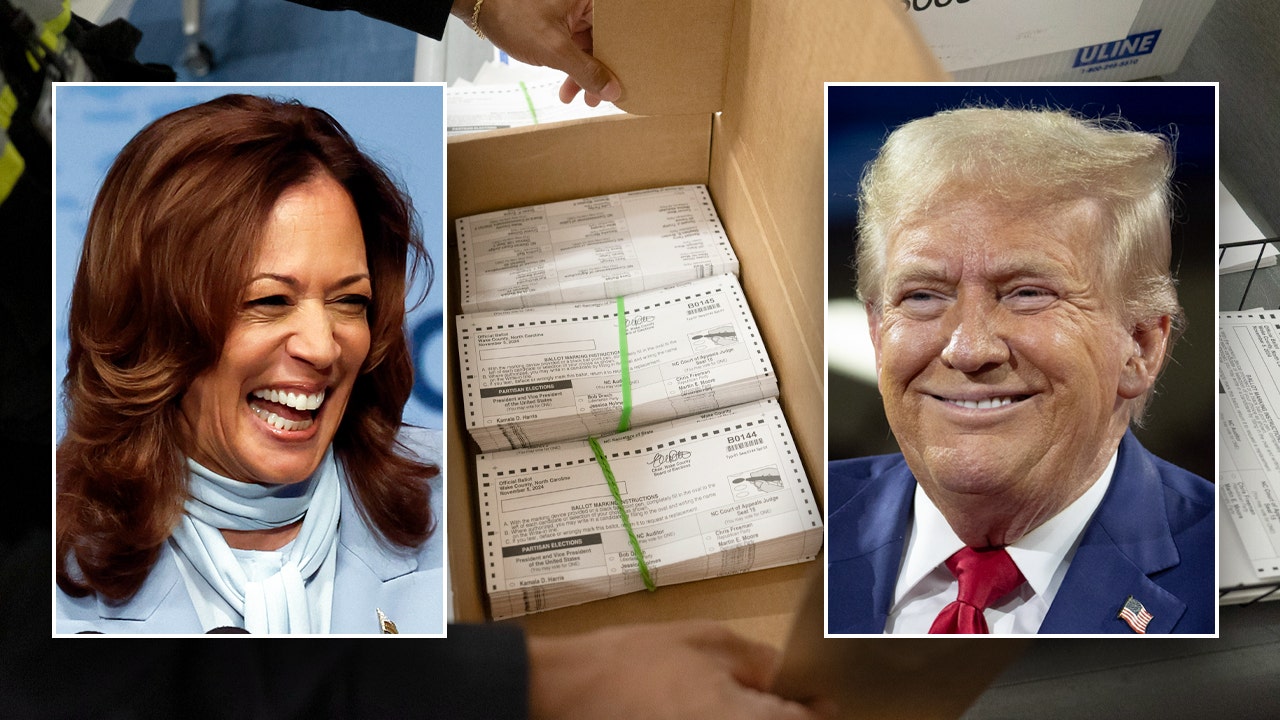A federal appeals court panel has found that a small Pennsylvania town’s ordinance designed to cut down on lawn signs is unconstitutional, saying that its resulting limitations on political lawn signs violates the free speech rights of residents.
The decision Thursday by a three-judge panel of the 3rd U.S. Circuit Court of Appeals upheld a lower court ruling against Camp Hill Borough, a town of about 8,000 residents just outside the state capital of Harrisburg.
In the 11-page decision, Judge Stephanos Bibas rejected the borough’s arguments that its 2021 ordinance only regulated the “time, place and manner” of signs. Rather, the ordinance discriminates between types of content, is overly broad and lacks a compelling enough reason to encroach on free speech rights, Bibas wrote.
As proof of the ordinance’s regulation of content, the borough sought to impose stricter limits on noncommercial signs, such as political signs, than commercial or holiday signs, Bibas wrote.
Bibas wrote that Camp Hill’s interests in imposing the limits on signs — traffic safety and aesthetics — are legitimate, but not compelling enough to limit free speech.
“While trying to preserve aesthetics and promote traffic safety, Camp Hill stitched together a crazy quilt of a sign ordinance,” Bibas wrote. “Because it discriminates against some messages, the ordinance is unconstitutional on its face.”
FILE – Campaign signs for Republican U.S. Rep. Scott Perry of Pennsylvania and Democratic challenger George Scott as seen on a neighborhood street in the district, Saturday, Oct. 6, 2018 in Camp Hill, Pa. A federal appeals court panel has found that a small Pennsylvania towns ordinance designed to cut down on lawn signs is unconstitutional, saying that its resulting limitations on political lawn signs violates the free speech rights of residents. (AP Photo/Marc Levy, File)
Under the ordinance, residents could not put up more than two so-called “personal expression” signs for more than 60 days before an event, in this case, an election. They could not be lit up, taller than 6 feet or remain more than 30 days after the event.
The Camp Hill Borough Republican Association and two residents sued in 2022.
One resident had been told by the borough code enforcement officer that her three lawn signs — one each for Republican gubernatorial nominee Doug Mastriano, U.S. Senate nominee Dr. Mehmet Oz and U.S. Rep. Scott Perry — were too many. The other resident was told in August that her signs for Oz and Mastriano couldn’t be up more than 60 days before the Nov. 8 general election.
Paul Lewis, chair of the Camp Hill Borough Republican Association, called it a “powerful decision.”
“I’m glad that now two different federal courts have been on the side of the constitution and freedom of speech and freedom of expression,” Lewis said in an interview Friday. “Regardless of your political leanings, this is something that benefits you, regardless of which party you stand for and support.”
In a statement, the borough said it was disappointed with the decision “and is concerned with the potential sprawling impact it may have on the ability of the borough and other municipalities to meaningfully regulate signs in pursuit of traffic safety and aesthetics.”
A borough official said Friday that officials hadn’t decided whether to appeal.




